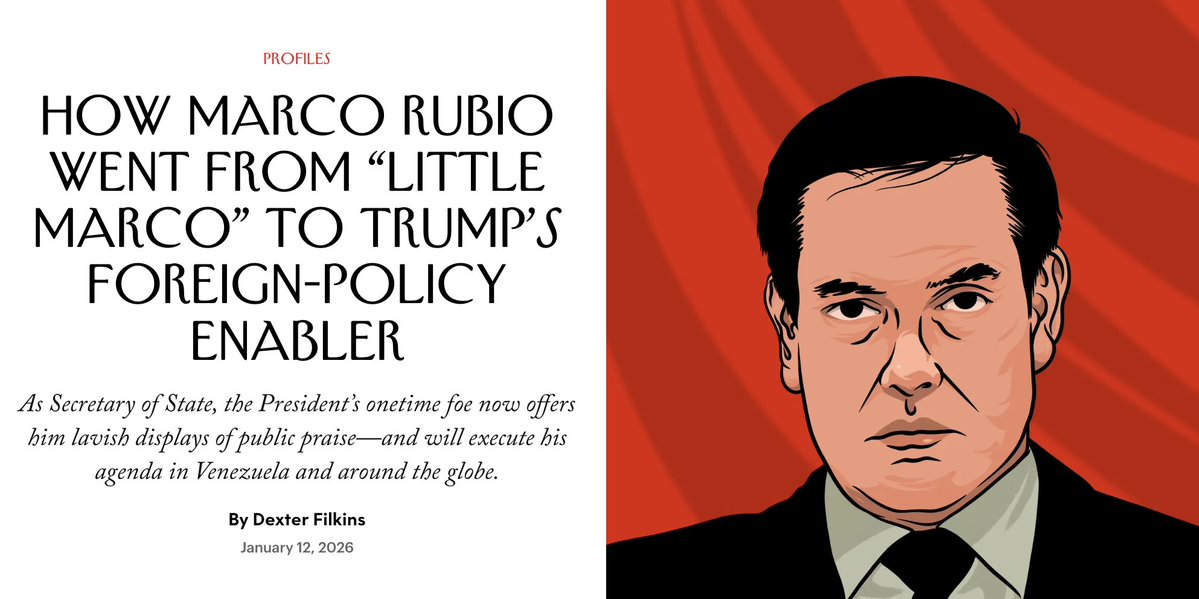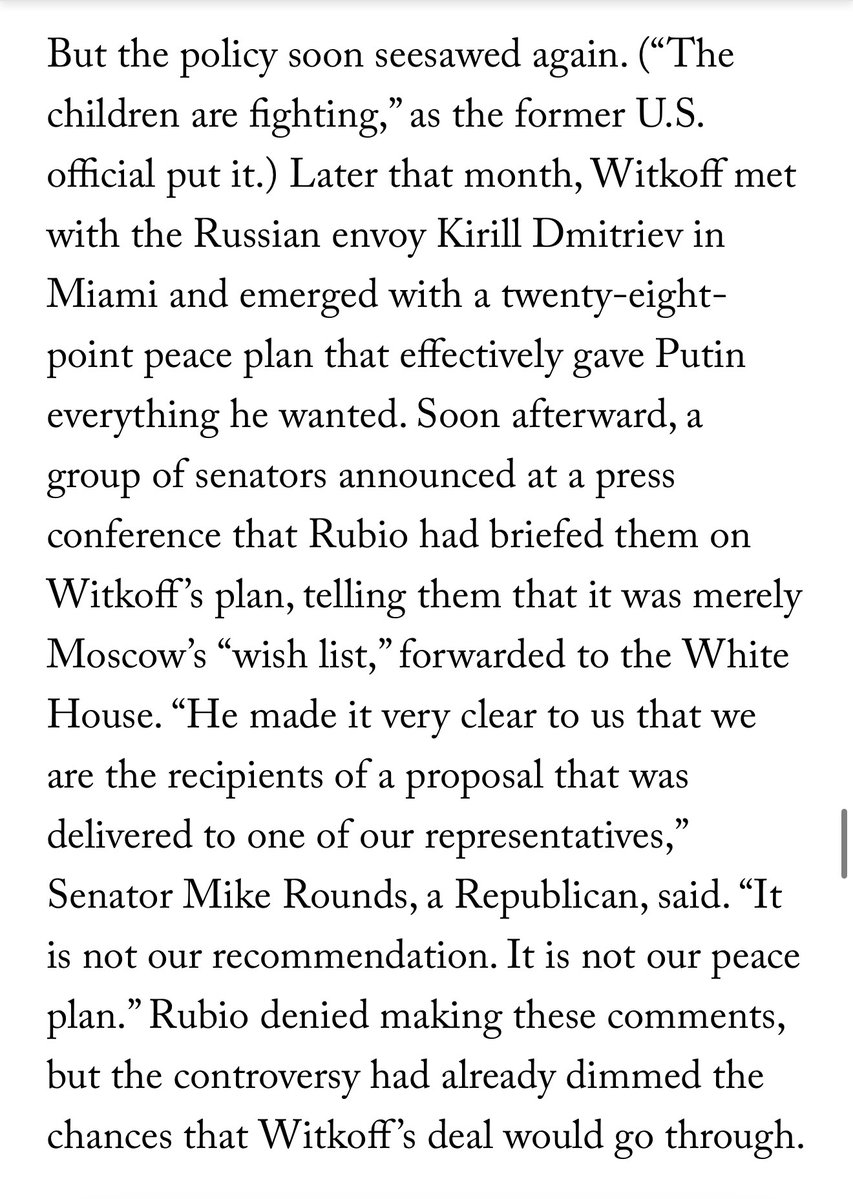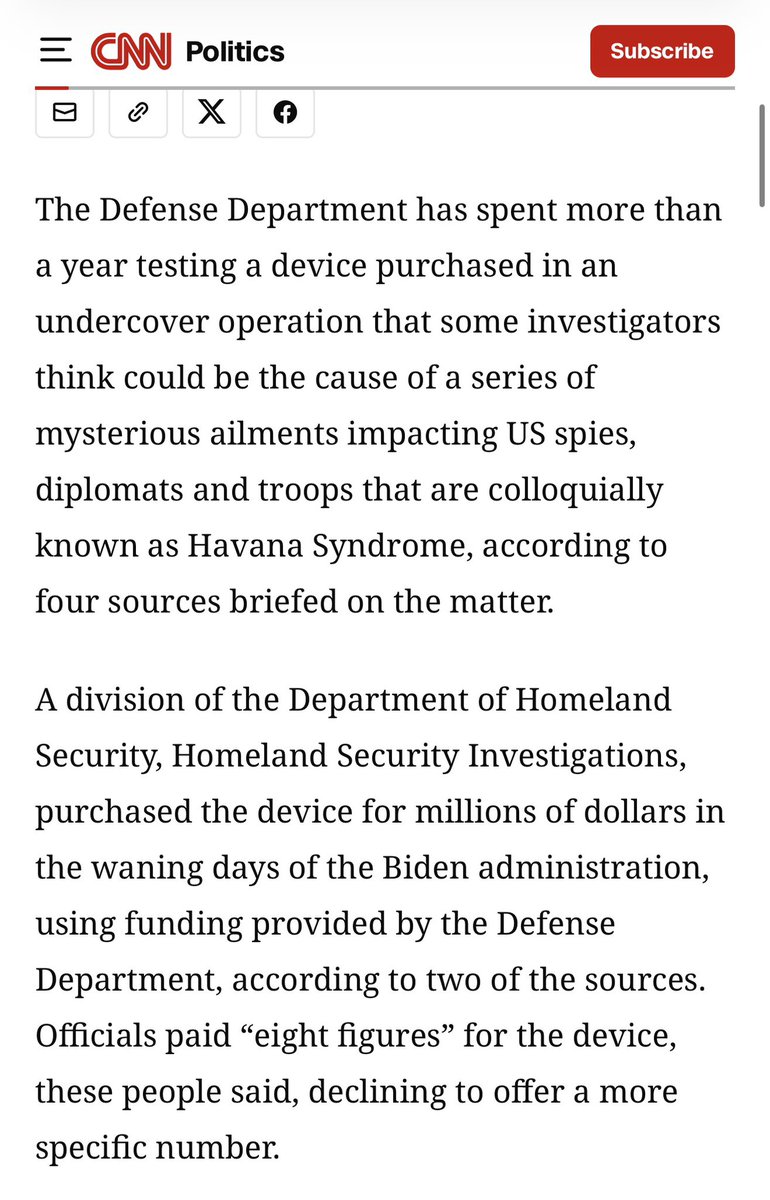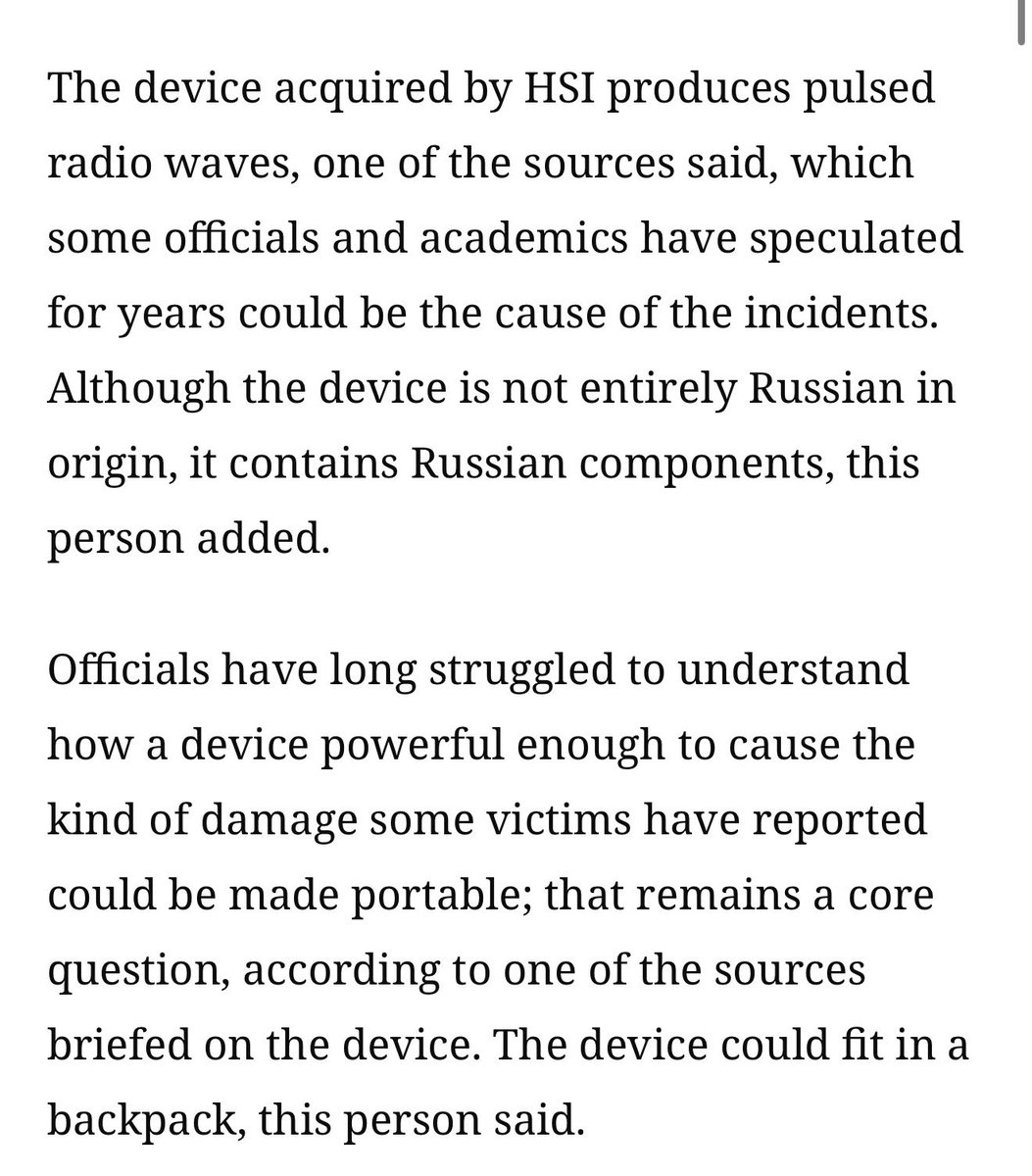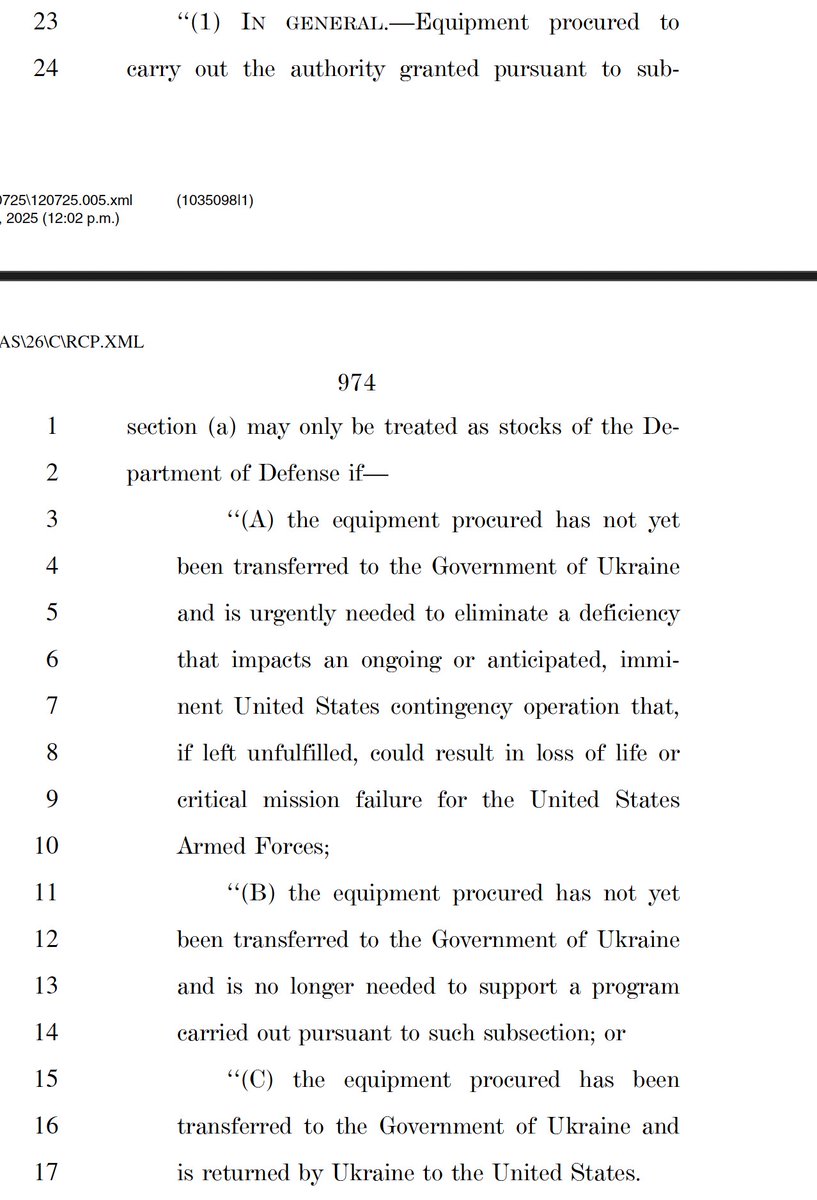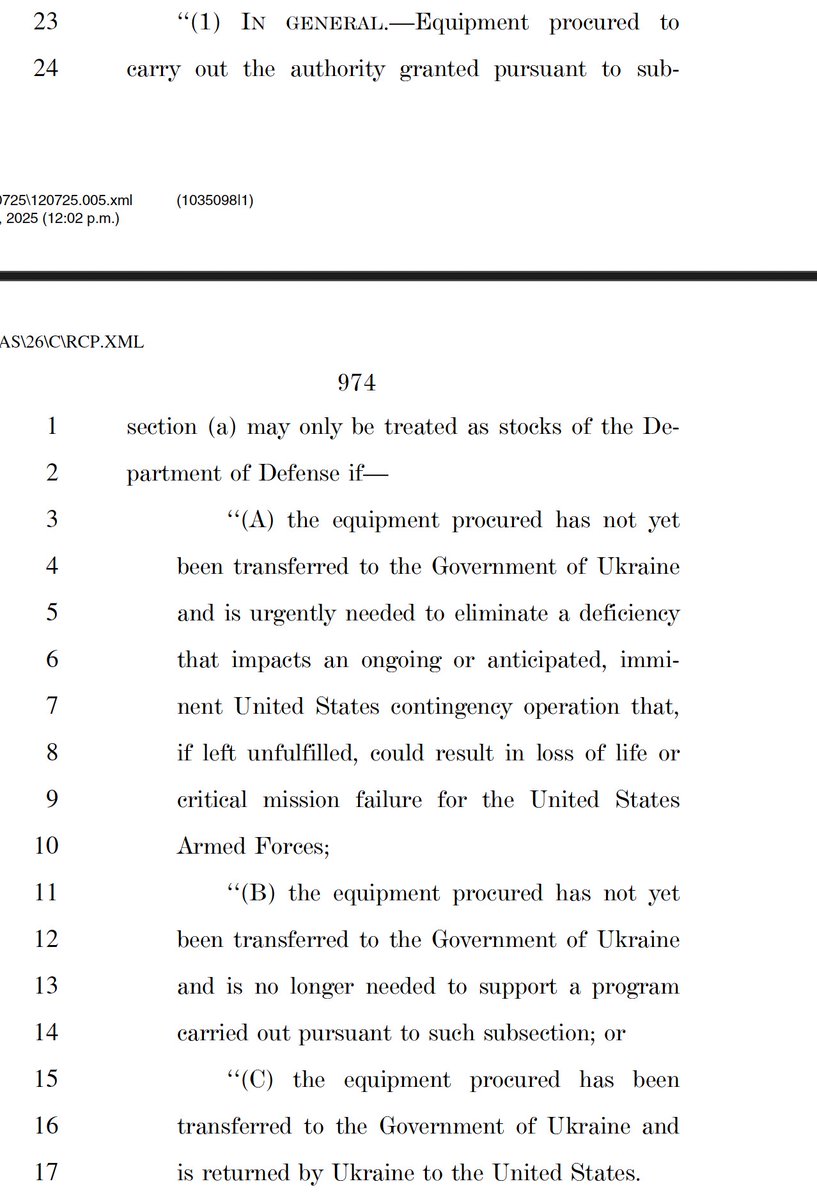🧵New interview with "Karl," the Estonian military analyst whose insights on the war in Ukraine have proved remarkably acute. With @holger_r:
"Let’s start from the frontlines where changes over the last months have been completely minimal. Russia has slight success south of Kupyansk and allegedly also south of Avdiivka, but it is only on a very operational level."
"While Ukraine didn’t achieve much during their 3-month offensive in the summer, Russia achieved even less now over the last 3 months. It’s a stalemate."
"Ukraine's problem is the increasing shortage of specific ammunition. It’s not yet totally dire but the limits are getting close."
"There is increasingly more information coming from different sections on the frontline that Russia’s superiority in artillery fire is getting critical."
"If the situation doesn’t improve, it will start affecting the frontline. No matter how much smarter you are or how much more accurate and efficient your weapons are, if the ratio is 10:1 for Russia, it will affect the frontline."
"Ukraine’s big achievement is that they have continuously weakened Russia's positions at and around the Black Sea. Hitting the A-50 and IL-22 planes impedes Russia's missile attacks coming from that direction."
"The intensity of Russia's missile attacks is clearly lower than it was last year. Then they had weekly attacks with more than 100 missiles, now the number of missiles is more around 40 and attacks are not weekly."
"In the beginning of winter last year Russia even carried out such large scale attacks twice a week."
"Ukraine's air defense is significantly better than a year ago. Last winter there were several regions which were without electricity for days. We don’t see this now. I think we can say that from the energy point of view, Ukraine will survive the winter."
"Ukraine doesn’t have the capability to shoot down S-300/S-400 and Kh-22 rockets. But their radius is small. Russia can target Kharkiv, Kherson, smaller towns in Sumy and maybe Zaporizhzhia with them."
"Those missiles were intended for air defense and anti-ship purposes but Russia is using them on land targets. Their accuracy is really off and that’s why Russia can’t hit military targets with them. They will miss. That is why we see random residential houses hit in Kharkiv."
"The percentage of shot-down cruise missiles is very high but with Iskander’s it was at 50% yesterday. Ukraine has started to emphasize that they are using increasingly more REB (radio electronic combat) methods in air defense."
"Rockets are not being shot down but jammers lead them off the targets. If Ukraine can successfully use REB, it is good news because it saves air defense rockets and is also cheaper."
"The biggest problem continues to be the West’s inability to fund and equip Ukraine. The EU’s decision to fund Ukraine [with €50bn] will come next week one way or another. But there is no assurance whatsoever that the U.S. will approve its package."
"Reportedly the Senate will agree on aid this week but it doesn’t guarantee that House Republicans will tag along. The Senate has been quiet on this topic this week but that might not be so bad. Often a lot of noise is worse than quiet."
"The Biden administration doesn’t consider Ukraine an absolute priority problem. They’re playing their political games so that they could blame the GOP for blocking aid. The Republicans in turn can blame Dems for not taking the U.S southern border seriously enough."
"Because neither issue is a top priority for either side, there is no decision and political games continue. Then there’s also the U.S. "fear of escalation." All in all, the administration hasn’t set a goal of Ukraine beating Russia and chasing them out of their territory."
"Their maximum goal is that Russia doesn't win the war. It is a long-term strategic mistake which stems from the lack of courage in decision-making."
"The U.S aid package has been coming since October. Now we are really running out of time. Even when the decision is eventually made, there will be a gap in Ukraine's capabilities on the frontline because supplies take time to arrive."
"There will be very difficult weeks ahead. Ukraine will not lose the war in just a few weeks and Russia will not gain a massive advantage. But in a matter of a few months, the situation can become critically worse."
"Europe is getting better in this but in the short term Europe’s contributions will not be able to replace America's. There are also considerable problems getting Ukraine's own military industry up and running."
"Historically, Ukraine’s military industry has been located either on currently occupied areas or close to the frontlines."
"It’s unrealistic to do it there now. Restoring the industry anywhere on Ukraine’s territory requires a very high level of air defense capabilities. Otherwise it will be a pointless investment."
"If the West’s aid returns to the “Biden minimum” level, it is highly probable that the frontline will remain stable in the coming months. Some decisive factors will be who will be better at developing drone capabilities, REB etc." /END
• • •
Missing some Tweet in this thread? You can try to
force a refresh






